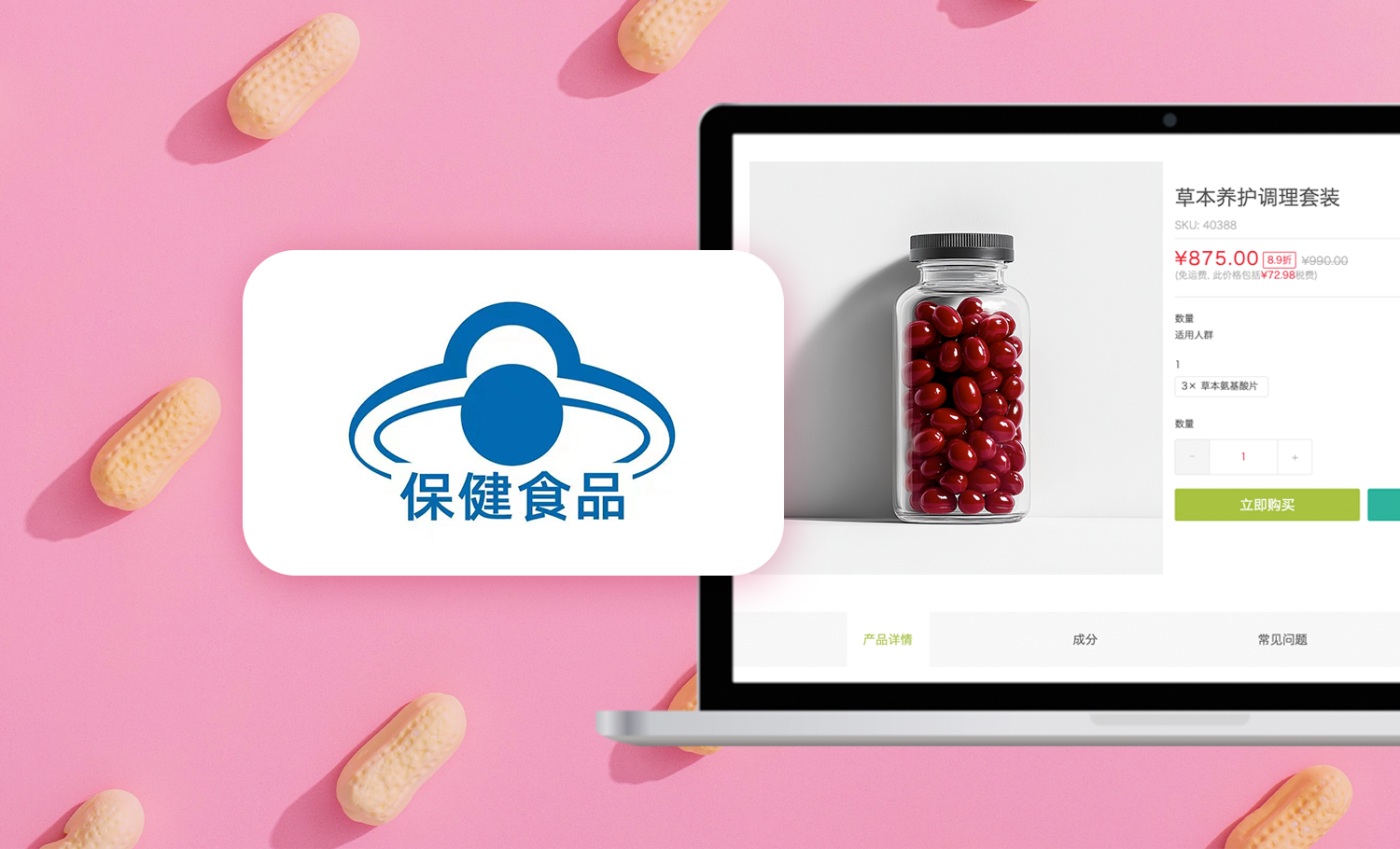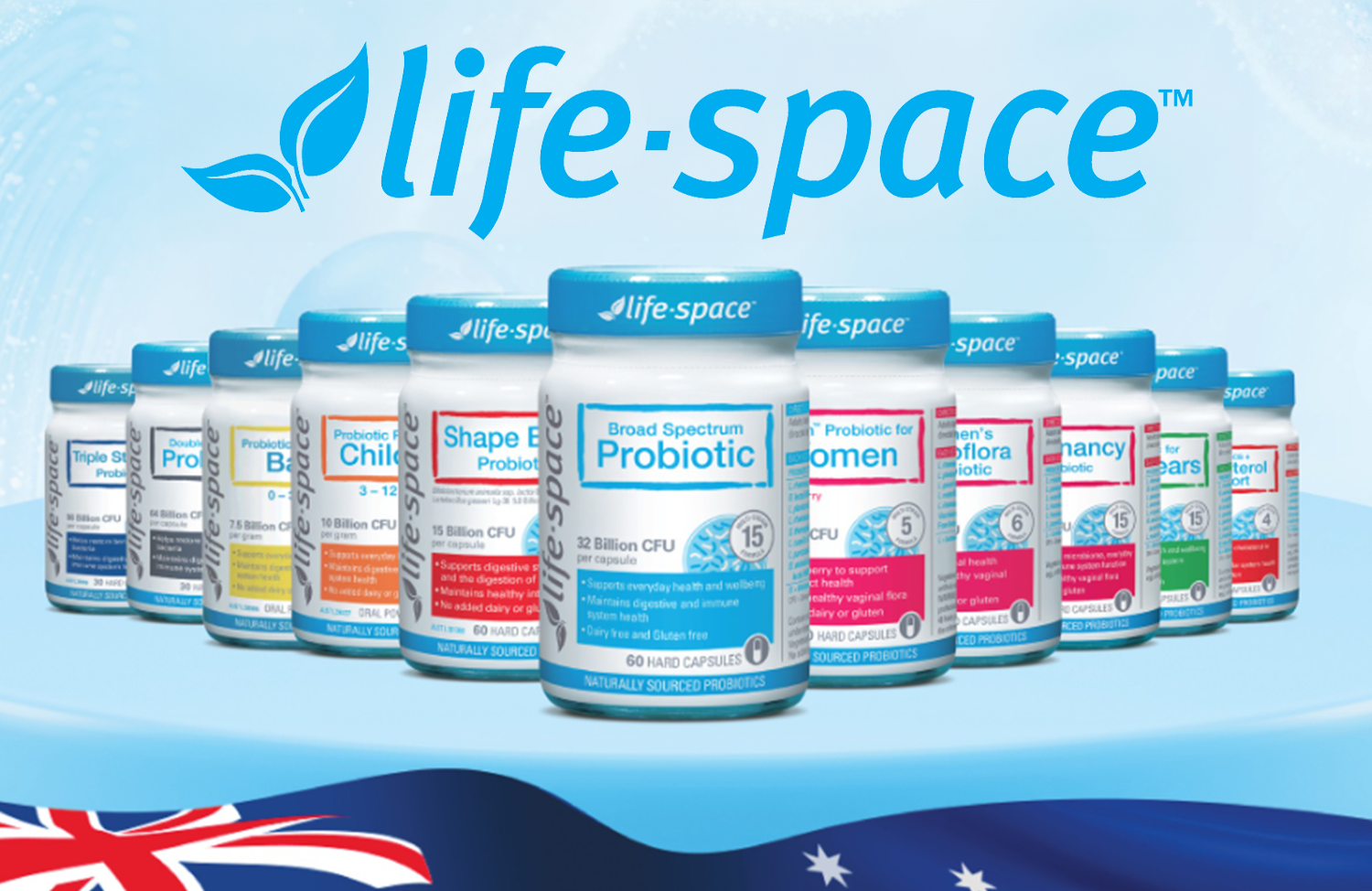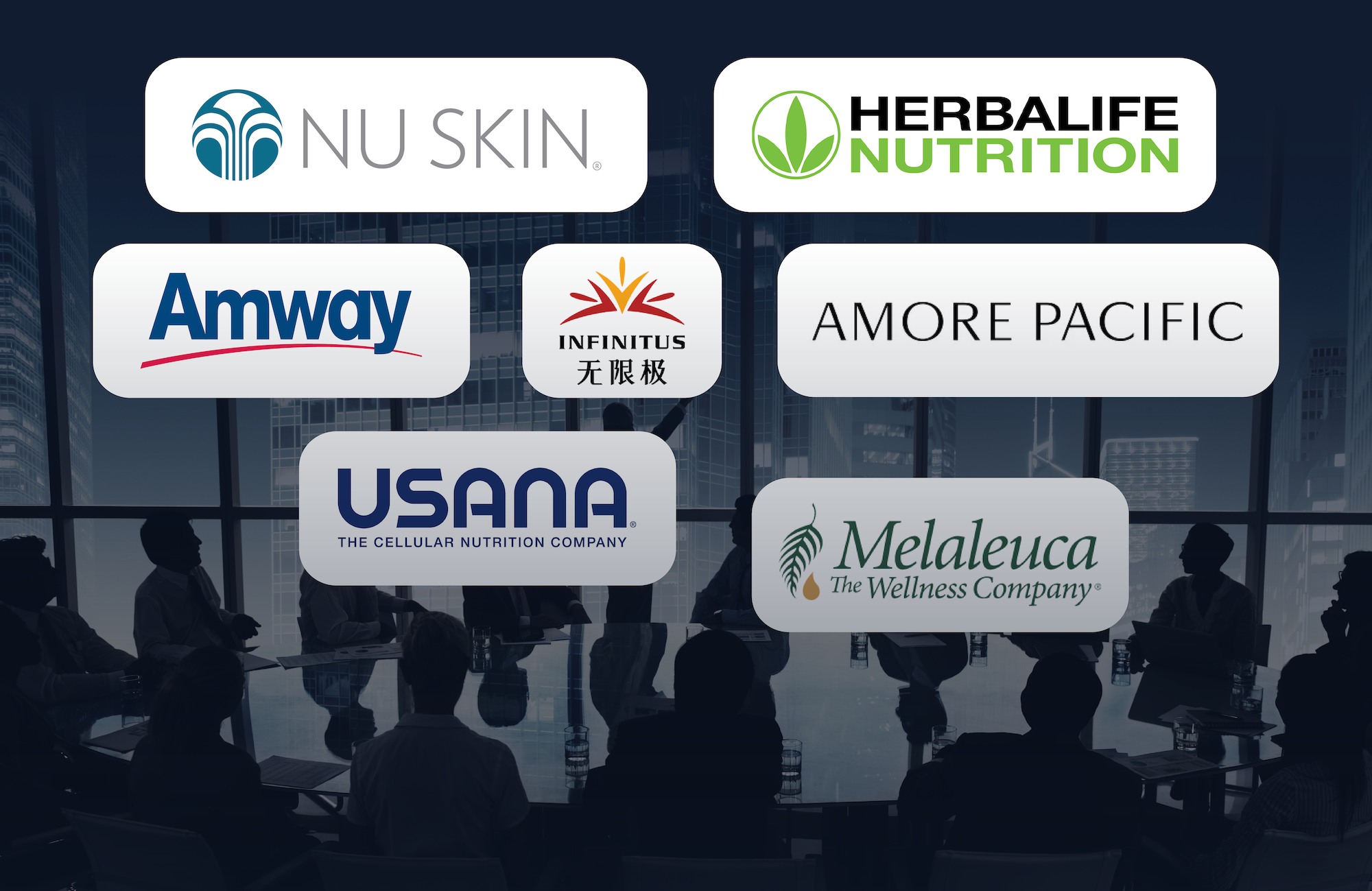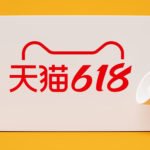2019 was another standout year for the cosmetics industry in China. Given China's increasingly online lifestyle, the industry's continued growth and success also meant strong online performance. China is gearing up for 2020, fresh from celebrations for the start of the Year of the Rat and the healthcare battles that defined the first two months of the year. So here we take a look at the online cosmetics industry's future over the rest of the year.
New Year, New Regulation
"To better ensure quality and safety and promote [the cosmetics industry's] industrial development", the State Council passed the Cosmetic Supervision and Administration Regulation (CSAR) in the first few days of 2020, after months of anticipation. Designed to replace the Cosmetics Hygiene Supervision Regulations (CHSR) from 1990, which had been feeling its age, the CSAR aims to modernize the law surrounding the industry, following decades of development and change.
One major focus is managing and assessing risks surrounding new formulas, technologies, and products. Dividing cosmetics into special use and non-special use, China has set up systems of registration and notification (respectively) that products must go through before they can be sold in the China market. Additionally, the processes involved when companies wish to introduce new ingredients have been significantly simplified and expedited.
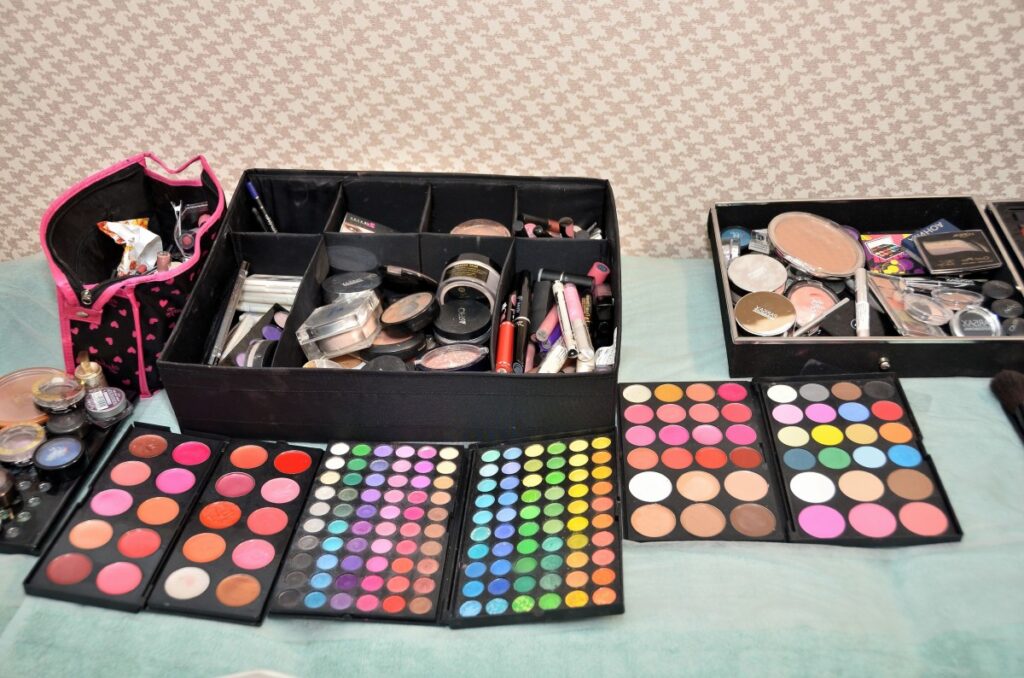
Live-streaming Soars During Another Holiday Boom
Once again, the cosmetics industry in China broke its previous sales record during China's biggest sales holiday in 2019. During November's 11.11 "Singles Day" buying holiday, more than one billion RMB of sales took place in just 24 hours.
Meanwhile, live-streaming has become a major part of China's social landscape - perhaps even more so than the West. Chinese consumers do after all spend more time on their mobiles than most.
But it has been in recent months that live-streaming selling has really exploded into the cosmetics industry at full force. On Tmall Global, a popular site for buyers of imported cosmetics, sales through live-streaming reached more than 2.3 million on Singles Day. This represents a staggering 400% increase over 2018! With live-streaming's deep integration into daily life, this is unlikely to be a temporary blip - we are likely to see similarly massive numbers this year, too.
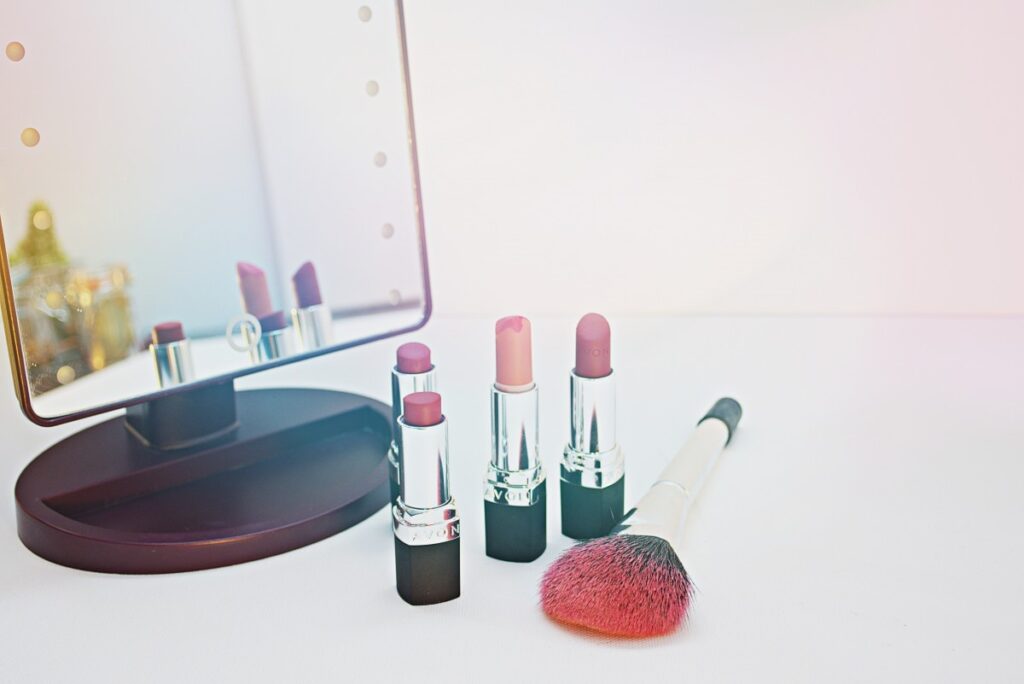
Overseas Brands Catering to Chinese Culture
The sales of Chinese brands are increasing, as local brands catch up with foreign competitors on mass-market appeal and quality. However, data agency Measure China found that in much of 2019 their market share fell. This means foreign brands grew even faster. Observers have put this down to a combination of greater wealth meaning greater access to foreign brands that are still considered the 'premium', and these foreign brands taking note of increasing national sentiment and capitalizing on it by fusing local tastes with their foreign sensibilities. This has not only mean marketing campaigns designed to be more sensitive (after advertising scandals considered racist or anti-Chinese in recent years have damaged some brands' reputations), but also making products that use elements of traditional Chinese medicine or ingredients used in traditional Chinese beauty products.
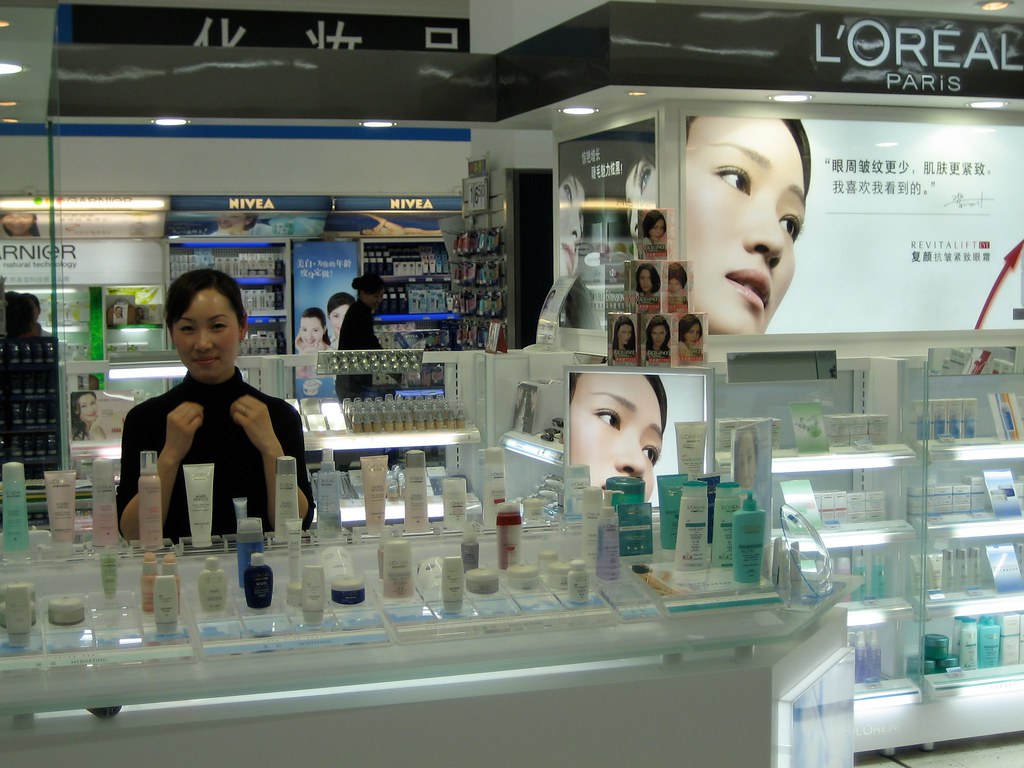
Male Cosmetics More Than Just a Fad
Cosmetics aimed at men showed no signs of slowing down in 2019. This followed strong years of growth in both 2017 and 2018. For now overall numbers and market share remain comparatively very small. However, the demographic remains a promising one, with lots of unexplored potential. Leading KOLs such as Li Jiaqi, Wei Chen, and Fang Yunhai have led to greater mainstream acceptance of male cosmetics.
This demographic also overlaps with a group observers have dubbed "lazy people". This describes consumers who seek out simpler, quicker, and easier cosmetic regimes. The general trend is moving towards Japanese and Korean norms of beauty regimes involving many different steps. However, these consumers prefer products that combine or even eliminate steps from their daily routine. Male consumers on the other hand tend to prefer simpler options. Cosmetics is still new to them, and men can find lengthy processes to be a waste of time.
If you're interested in a deeper look into another growing market in China, check out our China Health & Food Supplements Industry ReportThis report takes a broad view of the market for health supplements in China, and how an overseas brand can seize the many opportunities it presents.free Health Supplements Industry Report!



